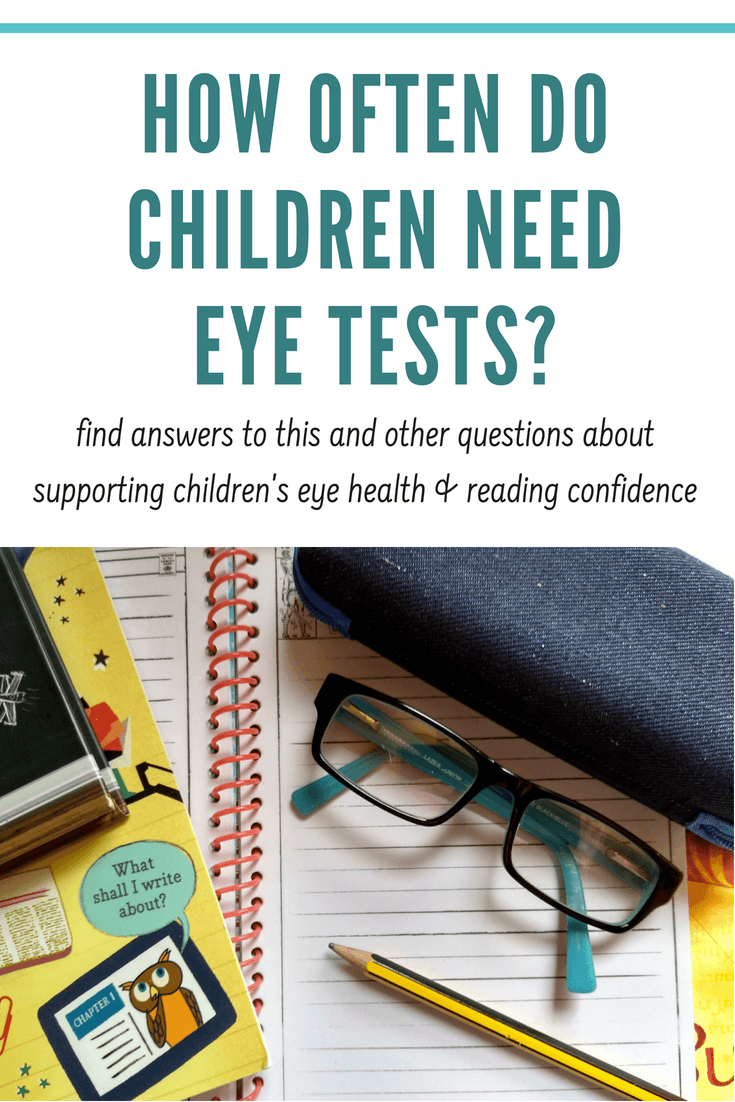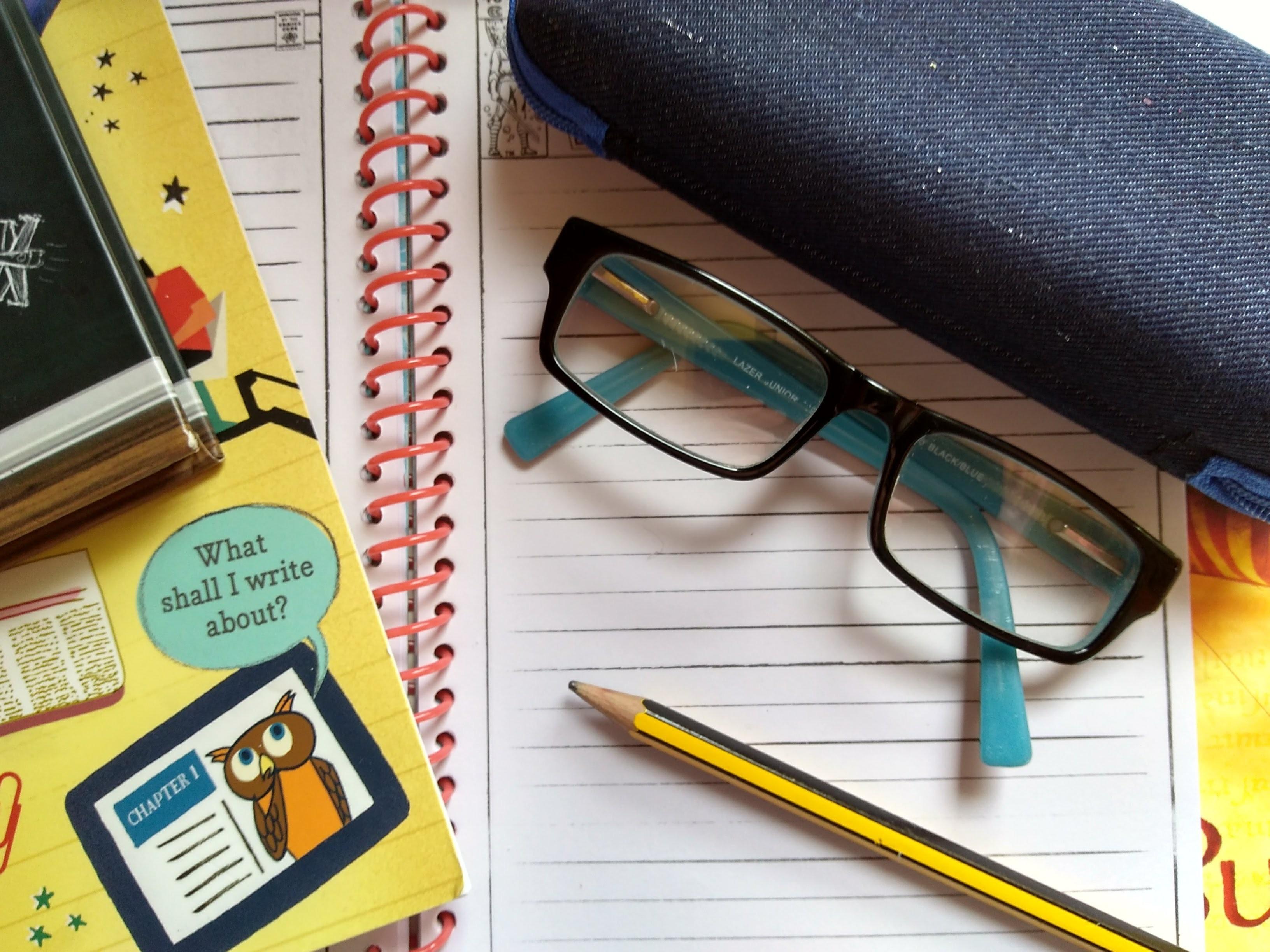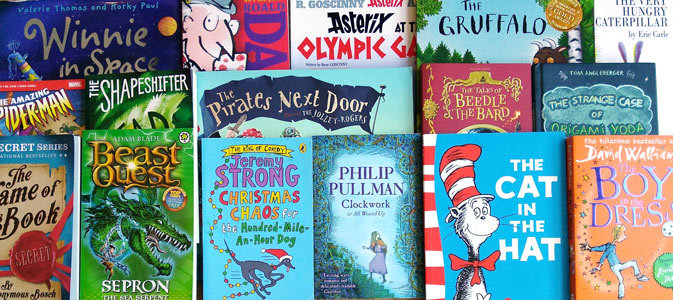Find out about children’s eye tests and dyslexia screening
The final post in this series on supporting children’s reading confidence looks at tests which you could consider if your child is struggling with reading. If you haven’t read the earlier posts in this series, please start here. Read on to find out more about children’s eye tests and other support your child might benefit from.
Dyslexia support and screening
There can be many reasons why children might struggle with reading. Remember all children develop different skills and abilities at different rates. Sometimes there is no need to worry and you may just need to relax and follow some tips to help support your child’s reading.
However, if you have tried a lot of reading tips and are still worried, dyslexia screening may be an option. If you are concerned about your child’s reading development, speak to their teacher or ask to see the school’s Special Education Needs Coordinator (SENCO).
Many schools also have reading specialists who can help by giving advice on strategies to help support your child’s reading, whether or not they have dyslexia or other needs.
For children who need them, dyslexia tools for reading can include colour overlays to place over reading materials. Resources and support could help your child to enjoy reading more and thrive. The British Dyslexia Association also provides a great resource for advice.
Supporting children’s eye care
Sight problems can affect children’s reading ability, confidence and reduce their willingness to read. Unfortunately, many children live with undiagnosed sight problems. Newborn eye tests can provide early detection of some sight problems.
Children in the UK will also usually have an eye test when they start Primary School but this will depend on your area. Some eyesight problems can be missed in the early stages. Children’s eyesight will be changing as they grow and develop and it can be difficult to diagnose all conditions before children have learned to read.
All this means it is important for parents and carers to take children for regular eye tests throughout childhood and adolescence. Going to the optician frequently can help improve the chances a problem will be spotted and the child can get the right glasses. Kids eye tests are easily available at high street opticians.
Important things to know about children’s eye tests
- In the UK all children under 16 can get free eye tests at opticians
- Under 19-year-olds in full-time education can also get free eye tests in the UK
- The NHS recommends eye test for kids every 1-2 years, but many opticians advise going for a check every 6 months
- Eye tests for children can help diagnose sight problems. Undetected these problems could have a negative impact on children’s learning, development and behaviour
- Eye tests also check general eye health and can help to detect other health conditions.
Early diagnosis of sight problems can make a huge difference
Short-sightedness or Myopia is a very common condition causing objects in the distance to appear blurred. This could affect children’s ability to read at a distance, for example from the whiteboard at the front of the class. Myopia affects 1 in 3 people in the UK. It can develop at any age including in young children and is very common at the onset of puberty.
Alternatively, if children are long-sighted they may have difficulty seeing objects that are close by clearly, for example, a book. They may need glasses just for when they are reading or doing other close work. Some children will have multiple issues and need bifocal or varifocal glasses to see clearly.
Even if neither of these conditions is detected and your child appears to see well, there are many other eyesight conditions which are not easily detected. For example, both my son and I have a sight condition which there is little awareness of and which is not easily diagnosed.
While each of our eyes works well independently, they do not work well together. This is known as Convergence Insufficiency and it causes misalignment of vision or double vision, which has an effect on coordination and reading.
An underdiagnosed condition
Convergence Insufficiency has a lot of implications including struggling to catch a ball and judge distances. It also means words and lines of text can be difficult to read. In people with this condition, eyes are working overtime to compensate and straining to focus on objects of attention such as words on a page.
The extra effort needed to concentrate on reading can cause headaches and fatigue. Readers can lose their place on the page, forget what they have read, have to re-read often and will read slowly. Words may appear to jump or swim around, and eyes can feel tired and sore. This will, of course, reduce reading progress and can also take away the enjoyment of reading.
It’s likely the condition is underdiagnosed and it can be confused with other conditions including attention problems and Dyslexia. Having the right kind of glasses can help relieve Convergence Insufficiency. Tiny prisms which are not visible to the naked eye can be placed in glasses reducing the difficulty needed to concentrate.
However, vision therapy exercises are probably the most effective treatments. Unfortunately, this kind of treatment is not currently widely available in the UK.
Regaining reading confidence
My convergence insufficiency was undetected for forty years! But thankfully my son’s was diagnosed early on. He had been struggling with his reading which created concern at school.
With the right glasses, his reading soon improved. It became less of a difficult and frustrating chore and soon became a fun opportunity to immerse himself in all the exciting stories waiting to be discovered!
Steps to support children’s reading
This post concludes a detailed series about supporting your child to gain reading confidence. For previous posts and tips see the links below. We have covered the following steps to happy reading:
- reduce pressure over reading – don’t allow stress to dominate reading time
- resist the temptation to compare your child’s “reading level” with others
- surround your child with opportunities to access books
- find books which relate to your child’s interests or hobbies
- make the most of your local library
- allow children to browse and choose their own reading material
- make your own reading suggestions too
- read to and with your children
- give yourself the chance to catch up on your own reading
- take books wherever you go
- take children for regular eye tests (see above)
- if you are concerned, ask teachers and the SENCO for support at school (see above)
- if needed, consider Dyslexia screening and or support resources such as colour overlays (see above)
I hope you enjoyed this series of posts on supporting children’s reading confidence. If you would like to share your own reading support tips or experiences of difficulties with this, please comment below.
– Explore readinginspiraton.com to find lots more tips and recommendations of great books for children and parents to read –
If you comment on this website your email address will not be published. Additionally, your comment data is never used for marketing purposes. Required fields are marked *
Your privacy is important to us: check out our Privacy Policy here to find out about how data protection is undertaken on this website.



